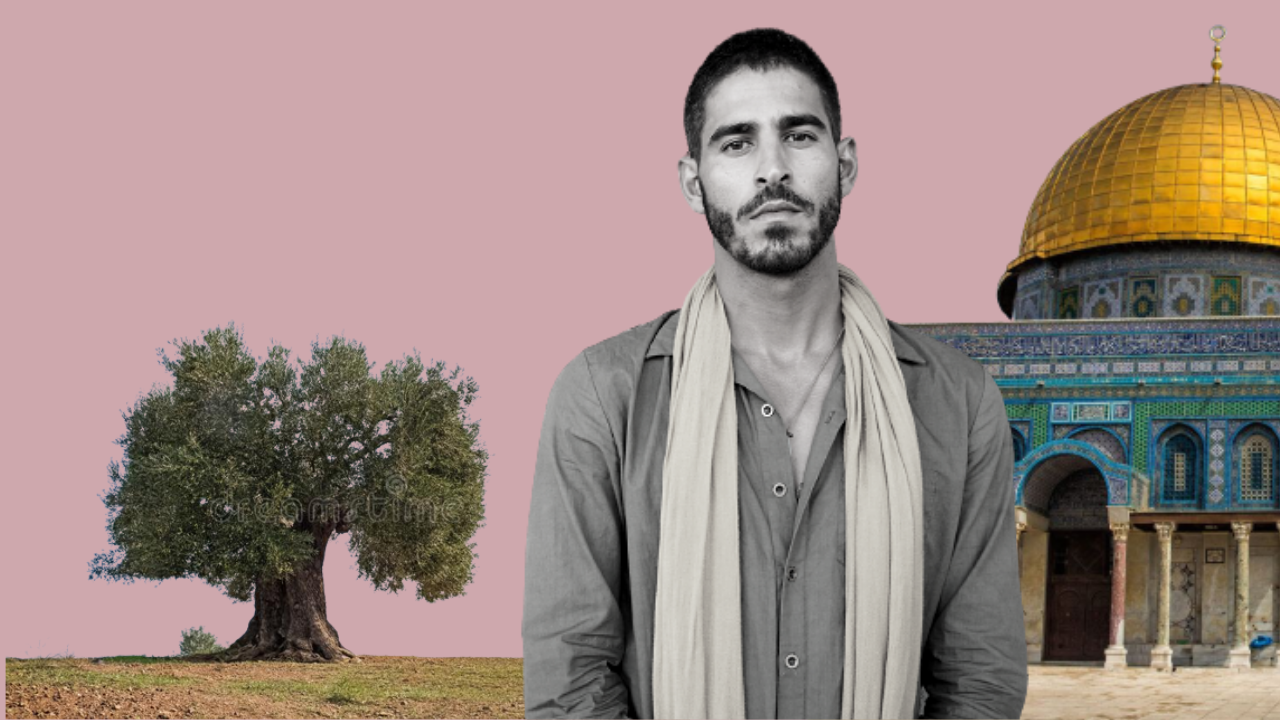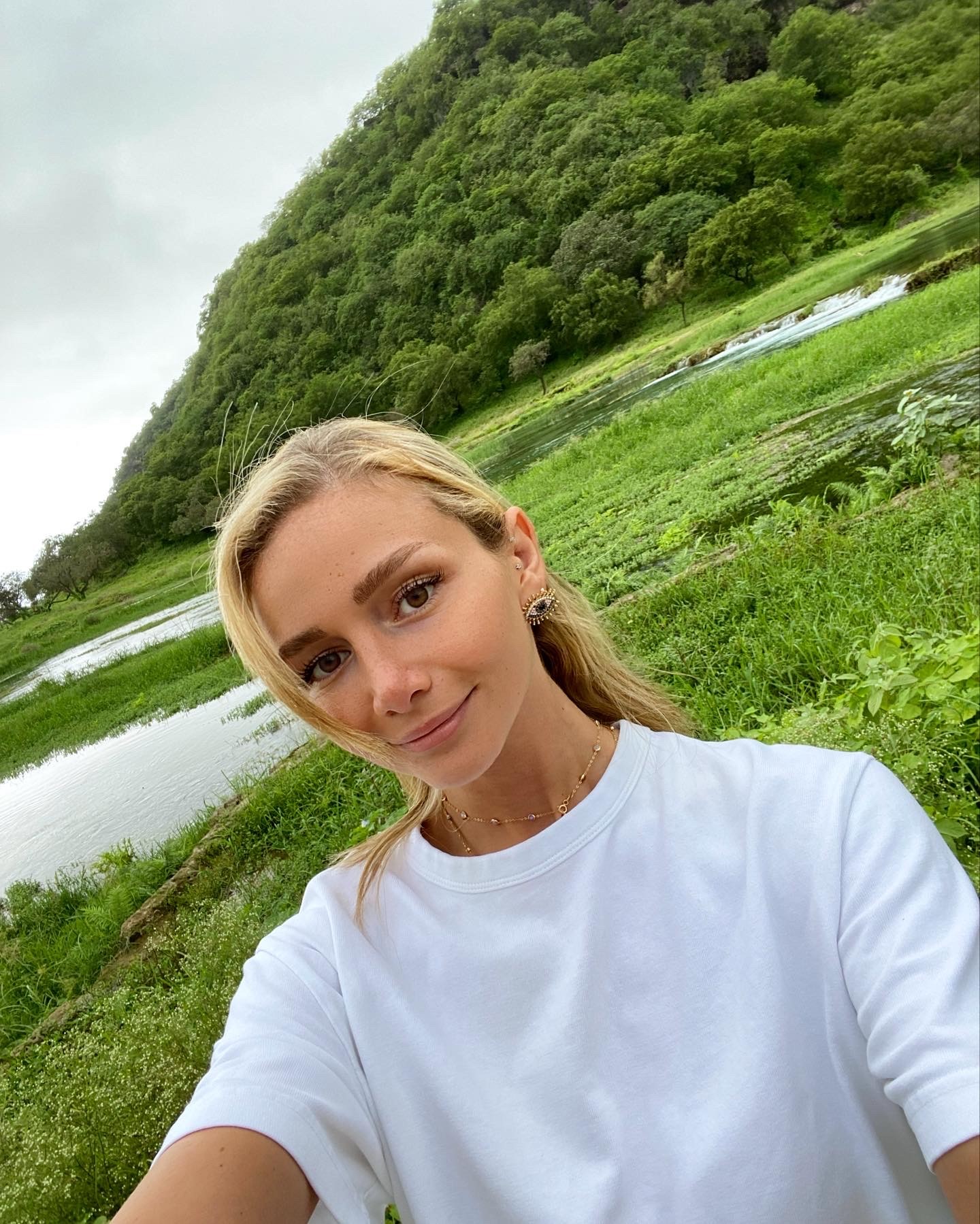
For GRAZIA’s fifth episode of Preserving Palestine, I invited Ahmed Shihab-Eldin to join me as we discuss the conscious efforts of censorship by the mainstream media, his own take on how to fight for Palestinian liberation, and the many layers of Ahmed Shihab-Eldin.
Click her to listen on Spotify.
Click here to listen on Apple Podcasts.
There’s no doubt that speaking to Ahmed Shihab-Eldin has been a personal desire for me for as long as I can remember. Whether during his time at AJ+, The Huffington Post or The New York Times, Ahmed has been a beacon of hope for undoubtedly every Palestinian as much as he has been for me. His way with words, his ability to find joy in even the hardest times we’ve faced as a people, and his unparalleled skills at diplomacy and speaking truth to power is what makes him an inspiration. Interviewing an Emmy-nominated journalist is no easy task for anyone that aspires to be in their position, and yet Ahmed made it as easy as possible.
Whether with his friendly smile or his reassurance that my questions were great, it’s clear that he not only cares about raising awareness for Palestine, but equally cares about aiding others who share the same goal. The proof? He traveled all the way from Sharjah to Dubai during his short work trip (which also involved supporting local talents) to film this episode. “The reason I’m here in part, is because whenever people reach out to me to do anything related to Palestine, I always try and prioritise that, because I’m very cognisant and aware of how how rare it is,” he humbly shares.
Emmy-nominations and magazine covers aside, Ahmed is full of surprises. Case in point: he’s just moved to Barcelona to study digital music production. It doesn’t stop there, he’s also been acting and dancing, which he reveals was his first passion. Whilst there’s no denying that his CV would be longer than most heads of states’, it’s clear that Ahmed finds one shared experience in all of his pursuits and hobbies: the freedom of expression.
Another thing that defines Ahmed, is his inquisitiveness. When I asked him who he really was aside from his profession, he admitted “I’ve been asking myself more and more in recent years, in part, because I think sometimes we get really caught up in what we’re doing specially as journalists, focusing a lot on other people’s stories, that sometimes perhaps we lose sight of our own… But, who am I? I don’t know, I’m a very curious person. I think at my core, that’s like one of the defining characteristics.” Curiosity may have killed the cat, but it only entices Ahmed.
One topic which we discussed at length was the ongoing and frankly explicit censorship that anyone who simply shows support to Palestine faces. “It’s sad to say that every news organisation that I’ve worked for, I’ve experienced a form of censorship or pressure to self-censor on the issue of Palestine and Israel in particular,” Ahmed dismally admits. “We’ve known for decades, that there’s been a misrepresentation in the mainstream media. But recently, we’ve seen what I think is more troubling, where Facebook is admitting that they’ve been censoring Palestinian voices. And it’s just a reality. And I think that’s why it’s all the more important that we find ways to try to circumvent that.”
“It’s sad to say that every news organisation that I’ve worked for, I’ve experienced a form of censorship or pressure to self-censor on the issue of Palestine and Israel in particular.”
He went on to share a personal experience where he was not only censored, but he was also coerced into distorting facts. “There’s something that happens too often where there’s this ‘both sides-ism’ that happens in the context of Israel and Palestine, where there’s, I think, an intentional effort to erase the disproportionate power dynamic of the occupying force with the oppressed people,” he continues. “I was working for Vice on a documentary and there was one line in this particular documentary that they sort of coerced me into saying, and it’s one of my biggest regrets, even though it’s just one line in a documentary I did. It was the first documentary on Palestine that ever aired on HBO from a Palestinian perspective. And basically, they made me say, ‘both sides have suffered massive casualties.’ And I fought it. And I was pretty sure that I was told that that line had been changed. And I had recorded another line of voiceover for the documentary. And somehow they took the original recording, and they put it in. And so not only is it inaccurate and misleading, which obviously you never want to be as a journalist. But again, when you say both sides have suffered massive casualties, the words “both sides” is how they obfuscate and obscure the reality of what’s happening on the ground.”
This certainly wasn’t the first time that Ahmed faced an undeniable case of censorship, but if we are to hope that it won’t continue on for another few decades then we need to “keep the pressure on and to keep speaking truth to power,” as he so eloquently points out.









